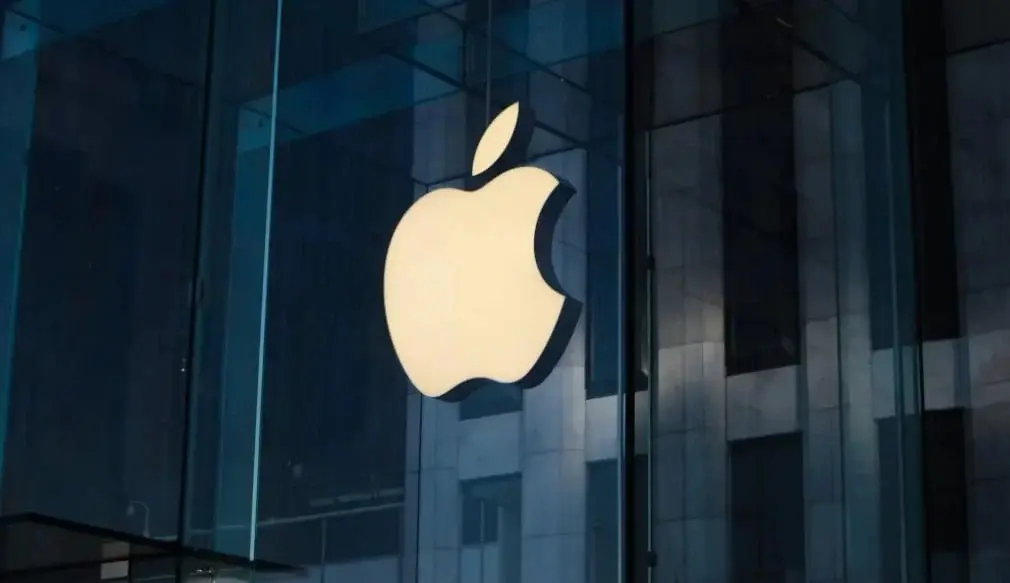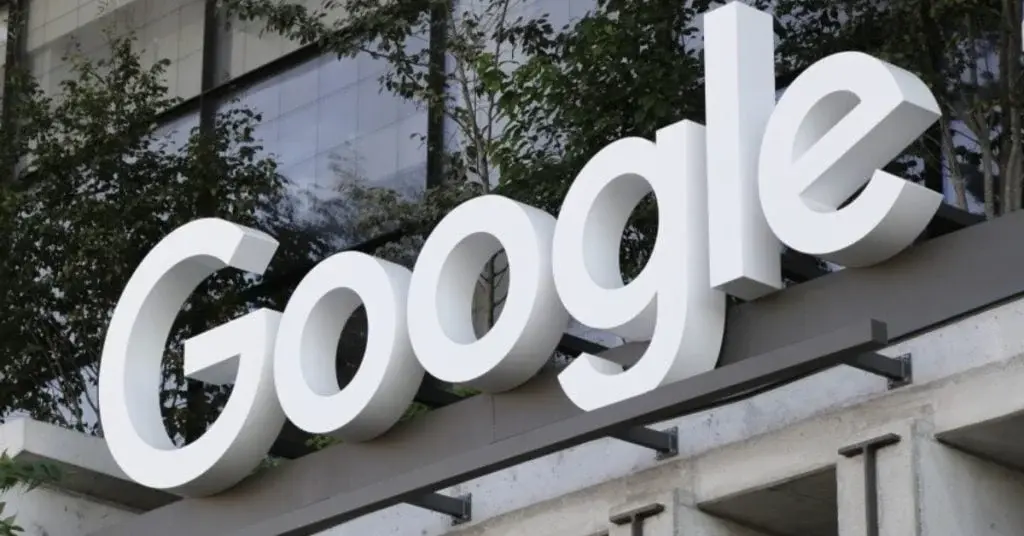In a significant development that could alter the technology sector, reports suggest that the US Department of Justice (DoJ) is contemplating a major disbandment of Google. As per Bloomberg, the tech behemoth has been accused of unlawfully monopolizing the online search market, prompting the government to consider measures to revive competition.
Google May Undergo Division and Sale of Major Divisions
Following a pivotal court decision against Google, the DoJ is assessing various potential solutions, including the most radical: breaking the company into smaller parts. This would represent one of the most consequential antitrust actions since the Microsoft case over twenty years ago.
Although a breakup is an option, there are also less severe measures under review. These include mandating Google to share more data with rivals, restricting its AI development, and prohibiting exclusive agreements that have bolstered its market power.
Focus on Google’s Business Practices
The case revolves around Google’s dealings with Android, Chrome, and AdWords, where exclusive contracts with device makers have raised regulatory alarms. The DoJ is particularly concerned about how Google’s control over search could influence competition in the fast-developing AI field.
If a breakup ensues, there could be a sale of Android, Chrome, or AdWords. Such a step would have significant consequences for both the technology industry and consumers.
While Google intends to contest the court decision, the company faces a tough journey ahead. The prospect of Google’s breakup underscores the heightened scrutiny of large tech firms and the government’s resolve to ensure equitable competition.




